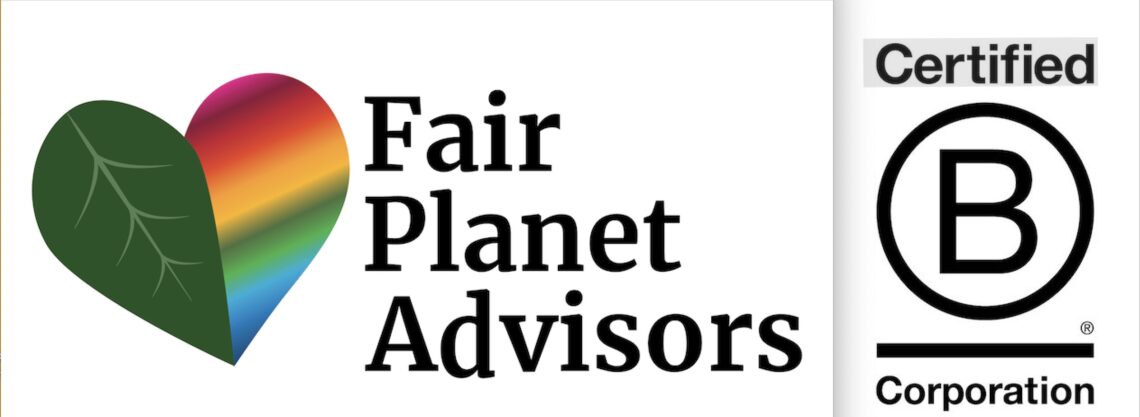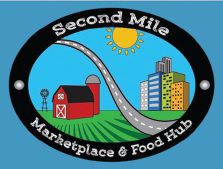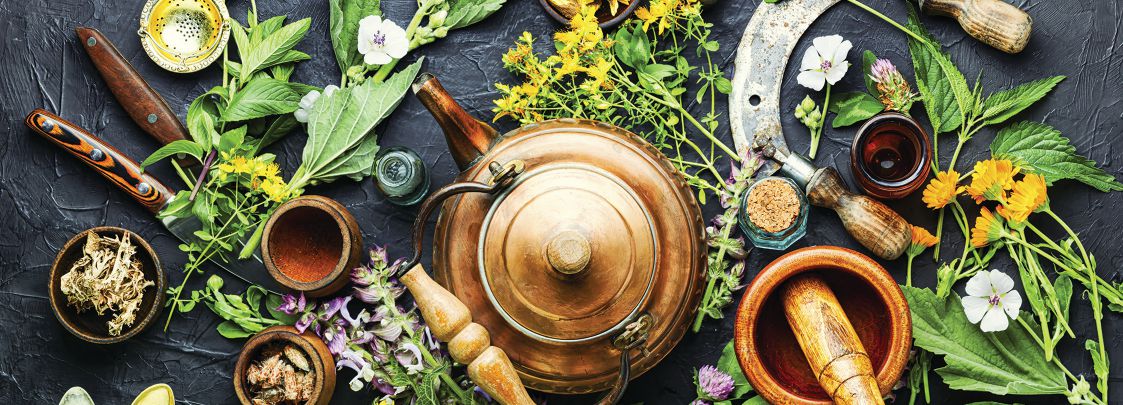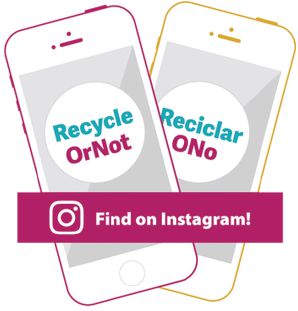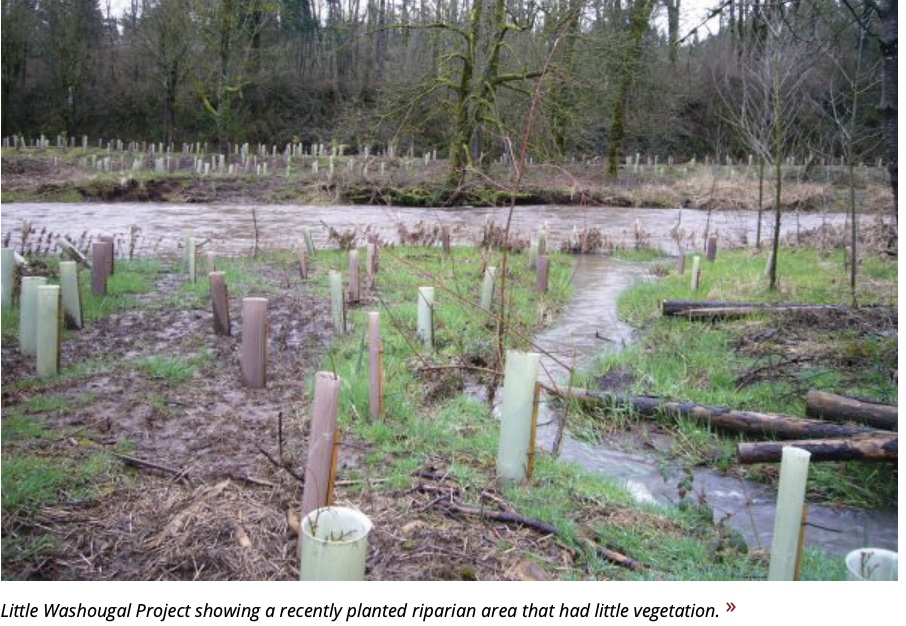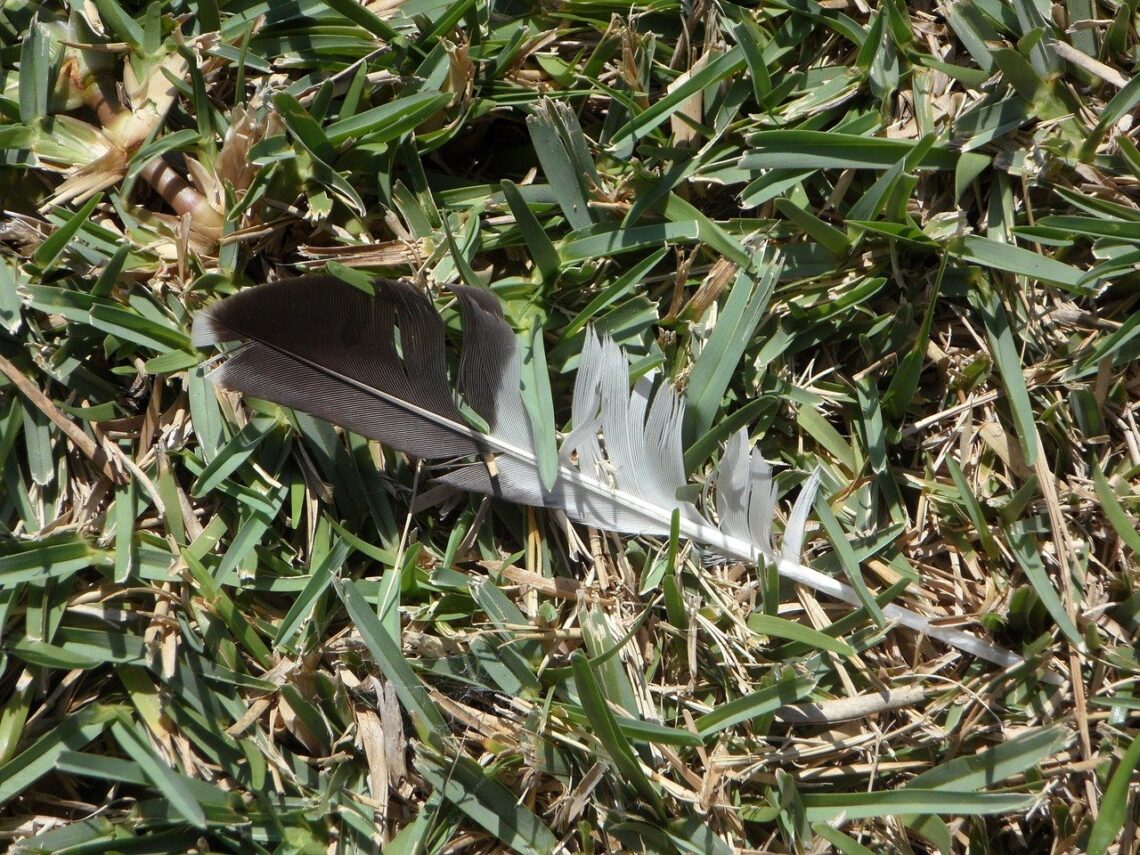Exciting news: after a year-long certification process, Fair Planet Advisors has been recognized as a certified B Corporation. They are the third B Corp in the Columbia River Gorge and new members of B Local PDX, with 135 B Corp members in Oregon and SW Washington. There are currently over 4,550 Certified B Corporations in 78 countries and over 150 industries that believe that business can and must be a force for good. B Corp explains it best, “While Systems are complex, the truth is they were built by people, so they can be changed by people. After all, humanity is interdependent with one another and with the planet.” They wish…
-
-
Second Mile Marketplace & Food Hub
Food Hub Plant sale Saturday, April 23, 10am to 2pm 11819 NE Hwy 99, Vancouver, WA Local farms offer starts of veggies, berries, perennials. Reasonable prices, variety, sustainably grown, and supporting local farms! Hot coffee, hot cocoa, and treats made in the Second Mile kitchen For more info: secondmilemarketplace.com The Marketplace is a well-equipped, licensed commercial kitchen offering kitchen rental, storage, meeting space, and business development assistance. Our mission is to help creative food entrepreneurs launch, grow and thrive in their food businesses. The Food Hub is an online shopping platform where you can find the freshest and most unique food products from around Southwest Washington. Pick and choose from a variety of products that…
-
Dirt Hugger Opens Landscape Yard
749 Snipes St, The Dalles, OR Mon -Fri 8am – 4pm 541-946-3478 Dirt Hugger, located in The Dallesport, WA, has produced organic compost since 2010 using locally available feedstocks such as fruit, wood, and beer yeast. They use their organic compost as the base in many soils and potting mixes. Each soil product is available in bulk, bags, or totes. They also offer rock, gravel, and a full line of landscape barks. Custom blends are also available. Their products are also available at retail outlets in The Dalles, Hood River, Bingen. Goldendale, Portland, Vancouver, and Boring For more info: www.dirthugger.com
-
Enough
“Only when all contribute their firewood can they build up a strong fire.”Chinese proverb. It was a beautiful, sunny fall day today, and I was out for my walk, reveling in the colors of the leaves and the crispness of the air, this being my favorite season. As I passed the neighborhood elementary school, I noticed that some classes were sitting outside, having lunch under a shelter. The kids were sitting on mats, all spread out per COVID guidelines, and appeared to be enjoying themselves. Observing this made me think once again about how adaptable and flexible we need to be to cope with the multitude of challenges, large and…
-
Build an Herbal Community
In times past, herbalism was a communal practice, especially for women of any group. Traditionally, they were the keepers of the home, midwives, and family healers. Hence, community members came to them when it came to the health and vitality of their families and neighbors. Herbal knowledge was gathered, collected, and held together in circles, where there was support and encouragement to ensure the learning was maintained throughout generations. However, as those who practiced herbal healing were persecuted and separated from their herbal community, the knowledge became isolated. Those who held the knowledge were less apt to share it, so much was not passed on. In the past decade, there…
-
Mill Store Remodels and Expands Product and Class Offerings
Store Updates Aim to Encourage Creativity, Learning, and Community Connections Pendleton Woolen Mills, the lifestyle brand with roots as a Pacific Northwest woolen manufacturer since 1863, announces the completion of a renovation of their Mill Store located at 8500 SE McLoughlin Blvd, Portland, OR. Highlights of the renovation and expansion include: • New signage, deck, stairwell, and fresh exterior paint using Pendleton Blue with National Park Stripe trim, as seen from SE McLoughlin Boulevard. • An expanded selection of Made in the USA wool fabrics and mill materials. • Extensive and engaging educational displays focused on how wool is used in crafts and home décor. • Coming 2022: Classroom space…
-
Recycle Or Not
This Portland-area campaign wants to reduce waste and make a big difference for the environment. Many of us are getting more packages in the mail these days. More packages mean more packing materials—and more confusion about what belongs in your trash can and what can go in your recycling bin. You can’t recycle plastic-padded envelopes at home or at work, but there are steps you can take to reduce your waste. When online shopping, consider bundling your orders, so items come in just one package. Or reuse them for shipping — be sure to remove old mailing addresses or barcodes and reseal them with packaging tape. You can also use…
-
Let’s Protect Our Riparian Areas
The Pacific Northwest is known for its water—whether falling from the sky, melting from high peaks, or flowing towards the ocean—we have such a seeming abundance that it’s easy to take for granted. But, when was the last time you gave a second thought to the wonders of the hydrologic cycle or reflected on the unique role of the riparian plants that are specially adapted to live close to water? If you aren’t familiar with the term, “riparian” refers to the area of vegetation surrounding waterways (ponds, lakes, streams, rivers, etc.). The plant communities occurring at this land-water interface are incredibly biodiverse when healthy, and they provide many benefits to…
-
Buy Land and Plant
An Adventure in Reforesting A decade or so ago, I came across an article in the local paper about a retired school teacher who owned some land a couple of hours east of my city of Portland, Oregon, and spent his golden years planting trees. He had planted 10,000 trees up to that point, aiming to reforest a semidry area of land east of the Cascade mountains, where ponderosa pines flourished before the arrival of Europeans and had been mostly clearcut to create pasture. Something about the article resonated and stuck with me to this day. It was powerful to see an individual intentionally rewilding an area, giving it back…
-
‘Bird Emergency’
Study Shows North American Bird Population Has Fallen by Nearly One-Third in Less Than 50 Years “Protecting the natural world is essential to saving birds and humans alike” Study Shows North American Bird Population Has Fallen by Nearly One-Third in Less Than 50 Years North America lost 29 percent of its bird population—around three billion birds—over the last 49 years, according to a new report. “Decline of the North American avifauna,” a study released on Thursday in the journal Science, found that the continent has seen a net loss of 2.9 billion birds since 1970. “The birds are the canary in the coal mine,” The Bird Conservancy of the Rockies’…

